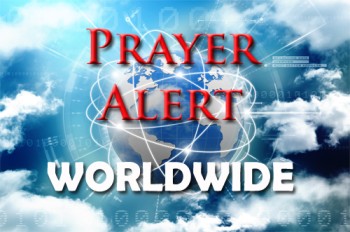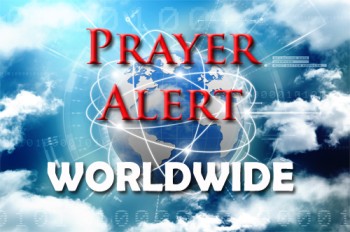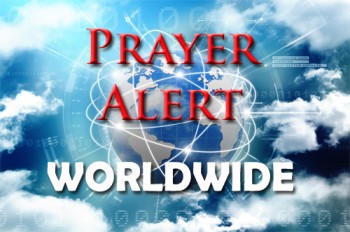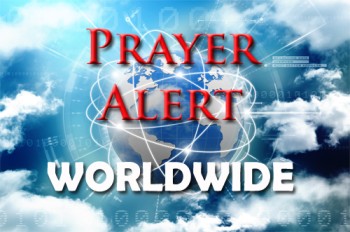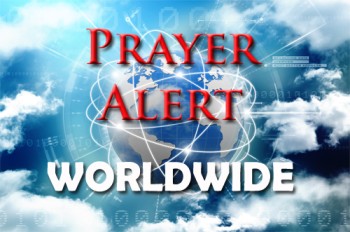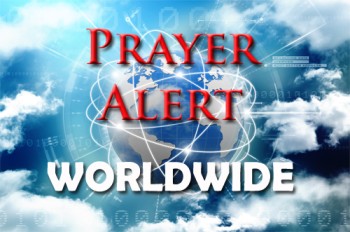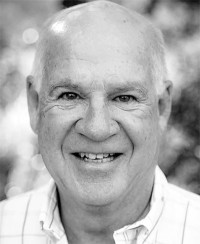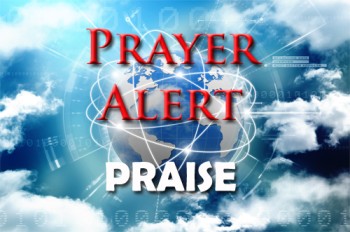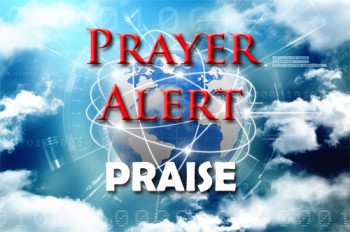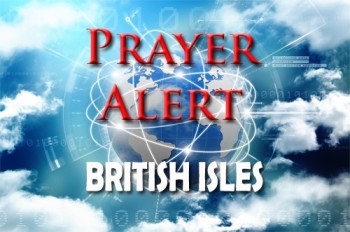Nigeria: dangers of being religious in a religious nation
Religious intolerance in one of the most religious countries in Africa is dominating debates ahead of next year's elections. It is rare to find anyone not devout in the mainly Muslim north or mainly Christian south. There is no official religion. Although they are guaranteed religious freedom the religious minorities live in fear. ‘We don't have freedom to worship. You are in trouble if you dress like a Muslim. We hide our religion.’ said Ibrahim, a Muslim in southern Nigeria. Obinna Nnadi once lived in the north but felt it was not safe to practise Christianity, so she moved her family south. Islamic law is in place in much of northern Nigeria. Rev Caleb Ahima, vice-president of the Christian Association of Nigeria, acknowledges that religious discrimination is a consequence of location. Meanwhile Odinani, the African traditional religion before Christianity, is making a comeback with younger people who are also facing intolerance and aggression.
Iran: fire and shootings at Evin prison
Nine days after a fire and shooting killed ten at Lakan prison, a fire in Evin prison killed at least eight. Evin is notorious for human rights abuses such as lengthy interrogations and torture of political prisoners, including many arrested during recent nationwide protests. The government claims the fire was part of an escape attempt, but witnesses inside the prison deny it. Global Catalytic Ministries said over the last four weeks of protests thousands have been arrested. The prison guards and wardens are saying, ‘To show that we’re in control, we will start a fire and shoot some prisoners so as to create a spirit of fear among these newly arrested people.’ The Iranian government has responded brutally to the recent protests, killing over 200 people using live fire and beatings. Nevertheless, huge crowds continue to gather, chanting ‘Death to the dictator.’
Global: fuel protests in 90 countries
While governments look for solutions to their countries' economic crises, the people in 90 countries protest. Some pay a heavy cost. In nine months, over eighty people have died in protests over the cost of fuel, in at least nine different countries. Antarctica is the only continent free of fuel protests. Indonesia has seen 600+ protests over petrol this year: in 2021 there were 19. Italy had 200+ in eight months - 2 last year. Ecuador experienced 1,000+ protests over fuel in June alone. Most surprising is that protests are occurring in places not prone to protests. High costs of living are driving people to protest against crippling prices. Fuel costs affect much of daily life - personal travel, transportation of goods, energy for electricity and heating. People are demanding that petrol be made more affordable and available. They are sitting in peaceful protests or attacking governments.
Malaysia: in search of stability
The polls on 18 November are a year earlier than scheduled after years of political upheaval and the first since the voting age was lowered to 18. The shaky coalition government of prime minister Ismail Sabri Yaakob is attempting to win a solid mandate to end the political manoeuvring that has seen three prime ministers in nearly as many years. Elections for assemblies will also be held in some of the country’s 13 states. About 21 million people are eligible to vote. The 2018 election saw the United Malays National Organisation lose power for the first time in sixty years, amid public anger over the multibillion-dollar corruption scandal at the state fund. Voters are anxious about rising prices and higher interest rates, as well as the jostling for power among politicians.

